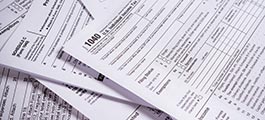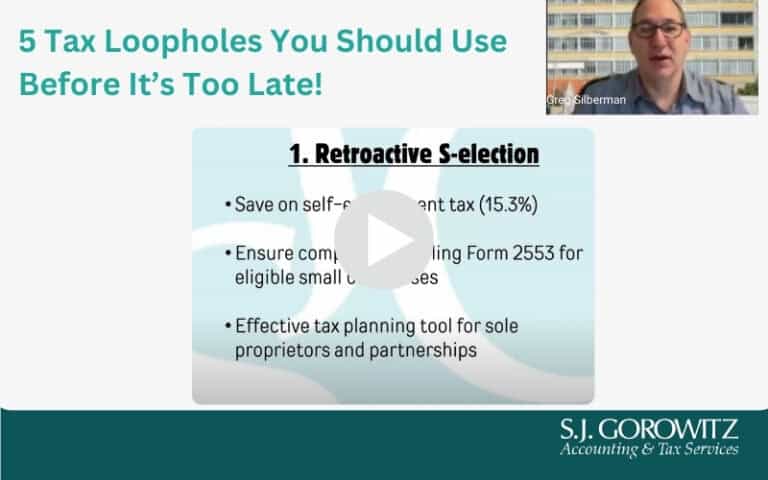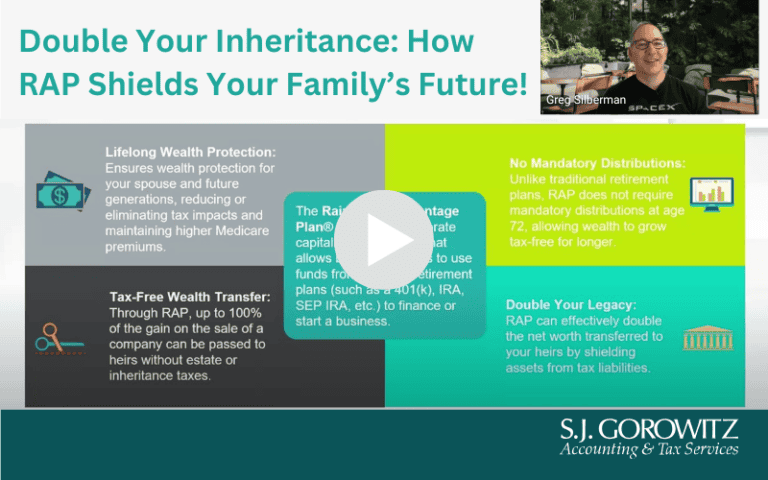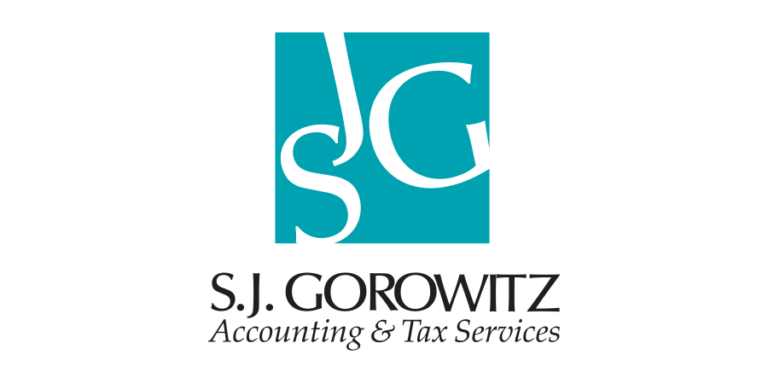
We’ve combed through every possible resource to provide you with the most comprehensive list of tax deductions available, from A (Accounting Fees) to Z (well, actually to T – Travel Expenses). Use it like a checklist. Note which of these tax breaks you are eligible to deduct, and be sure to contact our tax experts for additional guidance so you’re confident that you’re taking full advantage of each opportunity to save your hard earned money.
Accounting Fees
Here’s an area where it’s especially smart to keep track of spending. In 2017, you can deduct what you paid someone to prepare your 2015 tax return, provide accounting, financial and consulting related services and so on and so forth.
Bad Debts
If you lent money that has not yet been repaid and is now considered uncollectible, you may be able to deduct the loss, depending on whether or not it was a business debt.
Bank Fees
Charges for checking accounts, wire transfers, merchant services and other bank services are fully deductible.
Carryovers
You may be able to deduct carryovers of net operating losses, S179 expensing deduction, capital losses, tax credits, charitable contributions, home office deductions and passive activity losses from previous years.
Child Labor
Family business is good for business. Business owners can employ their kids and deduct the salaries as a business expense. You can also utilize IRA contributions to further reduce overall tax liability, helping the arrangement to have an even more lasting benefit for your family members.
Dues and Subscriptions
You can elect to deduct the cost of membership to business organizations as well as business and industry-related magazine or online subscriptions in the purchase or renewal year – keep track of your receipts!
Education and Seminars
The cost of continued education that is necessary and reasonable is considered a deductible expense. In fact, many industries have required continued professional education standards such as CPE, CLE etc.
Furniture
You can elect to deduct 100% of the cost of office furniture in the year of the purchase or deduct a portion of the expense over seven years to account for depreciation. It can be a bit more complicated, but you can also choose to depreciate some of the furniture, but not all. This is another area where it’s wise to have someone knowledgeable on your side to help you navigate IRS charts.[1]
Guaranteed Payments to Partners
Any fixed payments to partners of partnerships are treated as necessary business expenses and deducted by the partnership. These amounts are regarded as ordinary income to the recipient.
Home Office
Approximately 50% of all small businesses operate from home. Only about 30% of those eligible filers actually claim a home office deduction. That’s a mistake! As of 2013 returns, the IRS simplified the home office deduction method. It’s no longer the audit red flag it once was, provided you are actually and exclusively using the space as your principal place of business.[2]
Interest Payments
Interest expense or other borrowing costs incurred in a trade or business or in the production of rental income is considered a deductible business expense.
Legal Expenses
Legal expenses paid or incurred in connection with a business transaction or for the purpose of preserving existing business reputation or goodwill. It’s rather common for businesses to utilize the legal services of corporate, labor, real estate as well as general counsel.
Mileage
We’ve covered the important topic of mileage deductions in a previous blog. It’s worthwhile to take a moment to review the IRS 2015 optional standard mileage rates for business, charitable, medical or moving uses.
Pension
Establishing a pension plan can result in significant tax savings. One of the best ways to reduce tax liability is to establish a pension plan that best meets to needs of businesses. Whether this is a 401-K, Profit Sharing Plan, Simple IRA or SEP IRA, this is another area where it’s wise to have someone knowledgeable on your side to help choose the best plan to save you money now and into the future.
Rental Expense and Equipment Rental
You can fully deduct ordinary and necessary business rental expenses.
Software
You can fully expense the off-the-shelf software, along with the annual maintenance fees.
Startup Costs
If you’ve launched a new business, you may be entitled to deduct up to $5,000 of the startup costs incurred before the first year of operations.[3]
Tax Extenders
Section 179 and bonus depreciation have been extended, allowing small business to access tax breaks for deducting the full price of any qualifying equipment or software purchased. Other notable tax extenders include the research and development credit, work opportunity tax credit, energy production tax credits, and a deduction for local and state sales tax.
Travel
The entire cost of your business hotel and travel is tax deductible – as are the costs associated with the travel. (What was it we said about keeping track of receipts?)
As we’ve recommended in the past, one of the best things you can do for your business is to think about taxes throughout the entire year.
Working with a knowledgeable tax professional is not just a potential tax deduction – it’s a great idea. We can save you the time it would take to stay aware of tax changes and laws, and help you identify breaks and deductions you might inadvertently overlook.
We’ve helped our clients save thousands of dollars with smart deductions. We can help you.
Sidebar Newsletter Signup Form
[1] Form 4562, https://www.irs.gov/pub/irs-pdf/f4562.pdf
[2] IRS Publication 587, https://www.irs.gov/publications/p587/
[3] IRS Publication 535, https://www.irs.gov/pub/irs-pdf/p535.pdf


